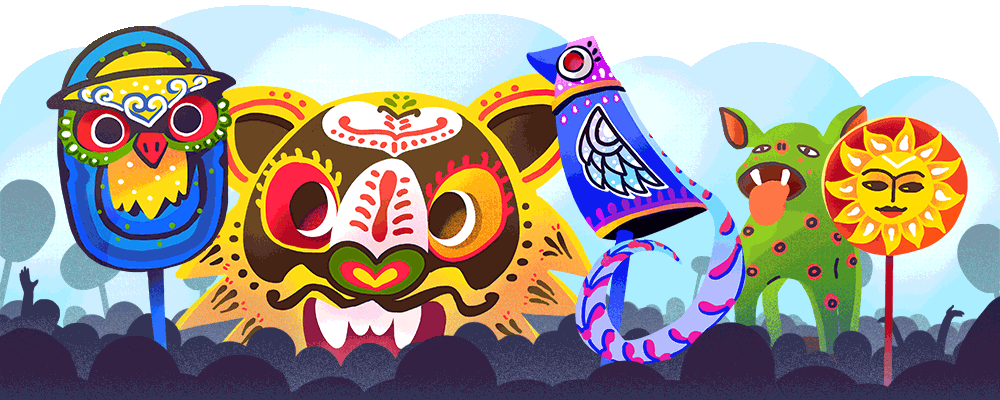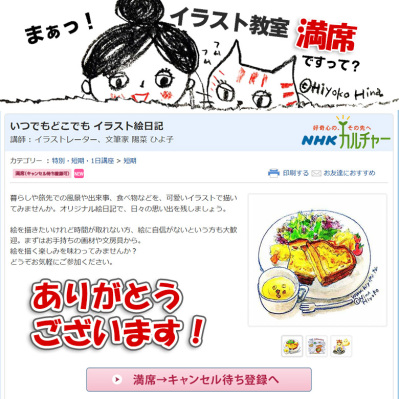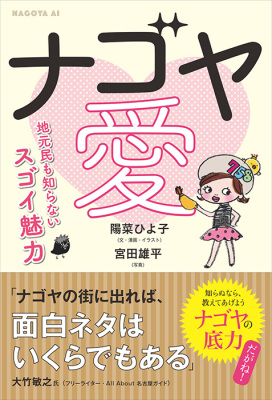2017年4月14日「ベンガル暦新年(ポヘラ ボイシャック)」のGoogle

2017年4月14日
ベンガル暦新年(ポヘラ・ボイシャク Pohela Baishakh、ベンガル 新年)
ポヘラは1日、ボイシャクは年の初めの月という意味で、西暦での1月1日にあたる。
バングラデシュでは、今でもこの“旧正月”を新年とする習慣が浸透している。
国中、特に首都ダッカは、カラフルなお祝いとパレードによって生き生きしてくる。
1月1日を何事もなく過ごした人たちも、この日は家族と過ごしたり友達と出かけたり
お正月らしく過ごす。
Shubho Noboborsho!(新年おめでとう!)
Today's doodle marks Pohela Boishakh, the first day of the Bengali Calendar. While Pohela Boishakh is a lively festival today, its origins are less fanciful. The Bengali calendar year was developed over 400 years ago by the Emperor Akbar as a way to collect taxes on a specific date every year. When the new year begins, accountants can close their books on the previous year and start fresh.
On this day in Bangladesh, the country comes alive with colorful celebrations and parades. Cities and towns gather together to sing traditional songs like "Esho, he Boishakh". They eat Bengali food such as Panta bhaat (a dish of rice soaked in water), and Illish Maas (fried hilsa fish). The main attraction in the capital city of Dhaka is the large Mangal Shobhajatra procession. The streets fill up with a parade of huge masks and creatures, each with its own symbolism, but many meant to drive away evil spirits or inspire courage and peace. The masks are often vibrant and imaginative representations of animals native to Bangladesh, like the owl and tiger you see in today's doodle.
Shubho Noboborsho! (Happy New Year!)



